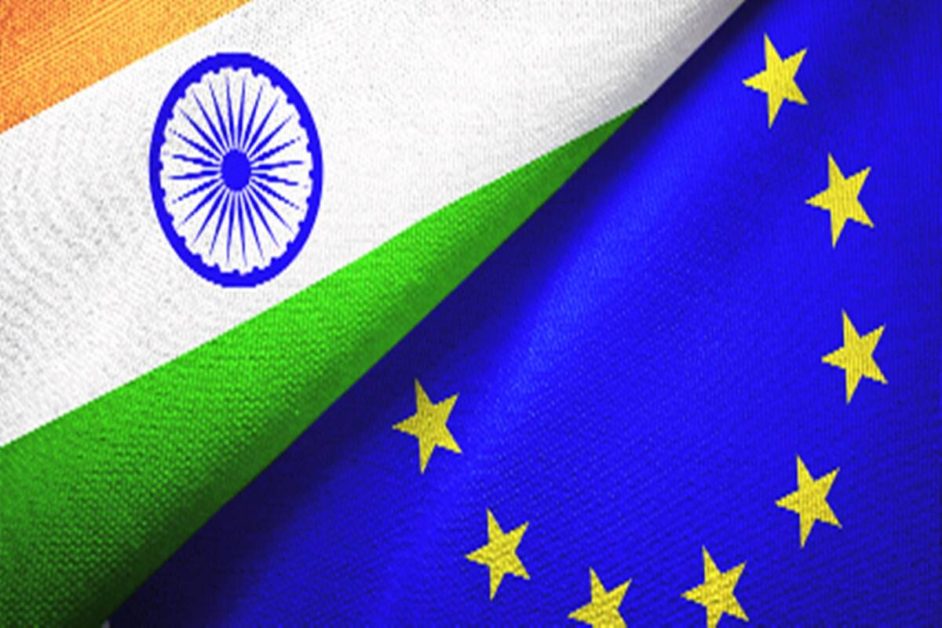The UK accounted for 16% of India’s $53.7-billion exports to the EU in FY20. Apart from garments, India ships out gem and jewellery, pharma products, footwear and organic chemicals, among others, to the UK in large volumes.
Weeks after the formal Brexit agreement, India has revived dialogues with the EU and launched talks with the UK in a bid to expedite trade deals and aid economic growth in the post-Covid era.
In a virtual meeting with EU trade commissioner Valdis Dombrovskis on February 5, commerce and industry minister Piyush Goyal pitched for a quick “early-harvest deal” followed by a time-bound and balanced free trade agreement (FTA), formal negotiations for which have been stuck over differences since 2013. The EU, including the UK, was India’s largest export destination last fiscal, with a 17% share in the country’s overall outbound shipments.
Goyal also sought the EU’s endorsement of a joint proposal moved by India and South Africa at the WTO, to get a temporary waiver of the restrictive TRIPS agreement to ensure adequate supply of Covid-19 vaccines in developing countries.
Separately, Goyal held talks with Britain’s international trade secretary Liz Truss, who was on a visit to India last week, to boost trade.
The renewed thrust on trade talks after the Covid disruptions reinforces India’s commitment towards greater integration with the global value chain, just as it maintains that its Atmanirbhar initiative is not inward-looking. Having pulled out of the China-dominated RCEP deal, India has been seeking to expedite trade talks with large markets.
Importantly, both India and the EU sides have now agreed to review the progress of discussions on the proposed bilateral trade and investment agreement on a monthly basis by senior officials. It will be followed by a quarterly review by both Goyal and Dombrovskis. Both have also decided to meet within the next three months before the India-EU Leaders’ Summit (to be attended by Prime Minister Narendra Modi, among others) is held at Porto on May 8.
The dialogues come at a time when India’s planned FTA with the EU has lost some of its sheen, thanks to Brexit. For instance, Britain made up for 26% of India’s apparel exports in FY20 to the EU, which was the largest export destination for Indian apparel with a 37% share. Hence, trade deals with both the EU and the UK are crucial.
The UK accounted for 16% of India’s $53.7-billion exports to the EU in FY20. Apart from garments, India ships out gem and jewellery, pharma products, footwear and organic chemicals, among others, to the UK in large volumes.
Importantly, Indian exporters have flagged that any India-UK trade talks won’t have the same level of complication that exists between India and the EU, and a deal can be firmed up without much hiccups.
After 16 rounds of talks between 2007 and 2013, negotiations for an India-EU FTA were stuck due to differences, as the bloc insisted that India cut import duties on automobiles and wine (which would benefit mainly Germany and France), among others. The UK is unlikely to be much too rigid over these issues, analysts reckon.
As for the current talks with the EU, a senior government official said: “The objective is to take forward any of the possible deliverables in the upcoming Leaders’ Summit.” The likely deliverables include launching an investment facilitation mechanism, working on regulatory cooperation, removing trade barriers, deepening research and promoting innovation, addressing multilateral issues of mutual interest, continuing dialogue on the intellectual property rights and building resilient value chains.
Source : Financial Express






